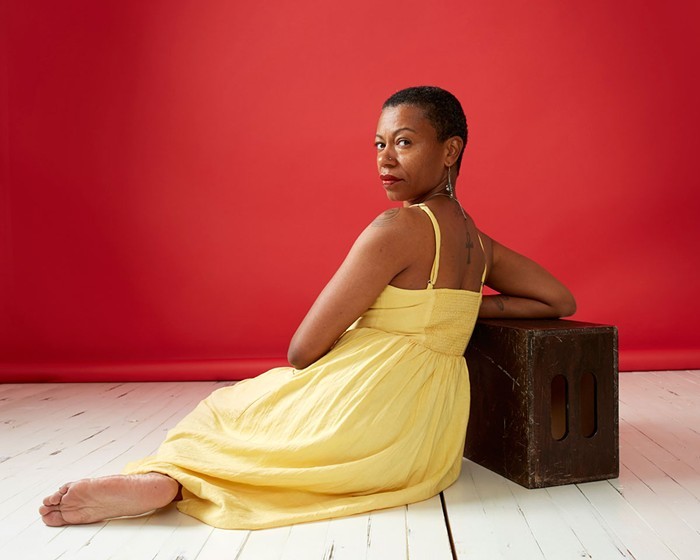
According to Nikkita Oliver's Facebook post, this is what went down last night at the mayoral debate in Columbia City. She was on the panel, and she asked Jenny Durkan and Cary Moon to state why she should endorse either candidate. Sounds reasonable enough. Maybe Oliver wants more information about the candidates before she makes her final decision in the closing weeks of the race. This is democracy at work. Would Moon be a worse or better mayor for people of color?
But in fact, the question was totally empty because it already had an answer before it was made. Both candidates were doomed to give wrong answers no matter what they said. Why? Because Oliver believes that the decision to run against her was their first and final offense. "The reality is both women entered the race after me and had equal opportunity to support the candidacy of a qualified women of color."
Fine. Some people operate in the world that ought to be (Sawant supporting Jill Stein, for example), and others operate in the world that is (my voting for Hillary Clinton). I get that, and I also recognize the importance of the ought—it should be used as a guide out of the world that is. But sometimes we can only act on the world that is, and it is this world that many thought Oliver was referring to when she asked for statements from the candidates. But it wasn't at all. It was the world that ought to be. But if such is the case, why are we, people who want to make a decision about the present candidates, even listening to and hearing from Oliver? Why was she even on the panel last night? Why did she ask for statements from the candidates statements that, in respect to the concerns of people of color, were "practical" and would "go beyond campaign platitudes?" Oliver knew very well that the premise of original sin invalidated any response Moon or Durkan made to any of her questions.
Why go through all of this trouble? Why sit and listen to arguments the candidates have made over and over? It makes no sense. Unless, of course, you consider one possibility. Oliver does not want Moon to win.
Her fidelity to the world that ought to be has this consequence in the world that is: Writing off both Moon and Durkan as white supremacists hurts Moon more than Durkan. The concrete of the abstract premise of original sin supports Durkan. Why? Because many of the people who voted for Oliver would never vote for Durkan.
And so what does Oliver's position look like in the world that is, when we step back? That she wants Durkan to win to make the point that she would have been the better candidate against Durkan. From the plant of her abstract purity appears the wicked flower of spite.
As a person of color, I supported Moon's run from the beginning. As a person of color, I would have supported Oliver if she were running against Durkan. Why? Because it's obvious who, between the two, would be better for poor people; and at the end of the day, I want the best possible outcome from the world that is.



















